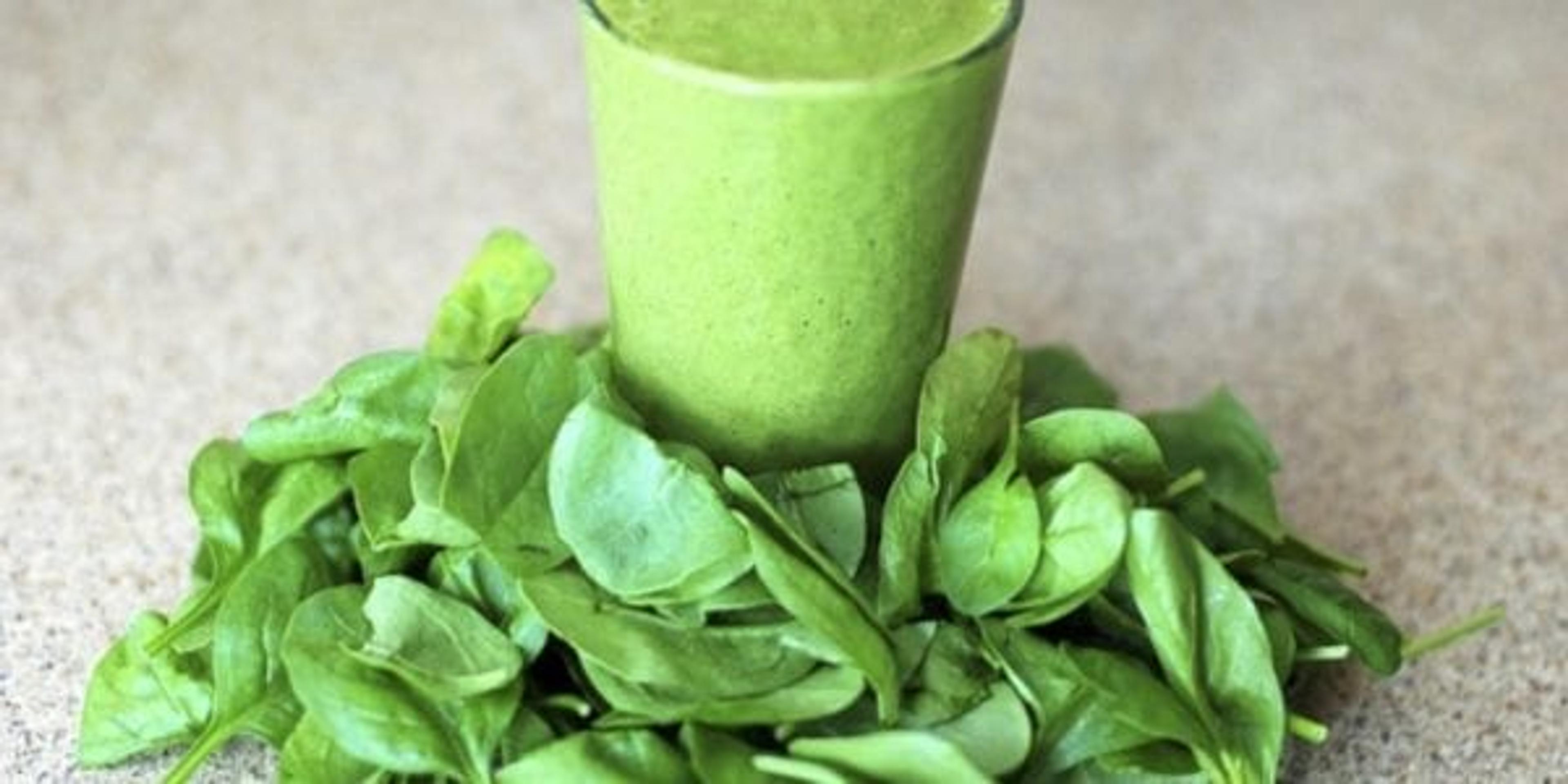What Are Your Kids Really Drinking? (Recipes Inside!)

Whitney Hatcher
| 3 min read

Recently, several beverage companies have been sued for deceptive advertising…it’s time to pay attention to labeling. Most parents have questions about the food and drinks their children are consuming and many just read the nutrition-related buzzwords on the front, but don’t check the nutritional facts on the back.
Drink companies use nutritional catch phrases to sell their less-than-healthy product. Although the advertising is misleading, technically it’s not illegal. When you’re checking nutrition labels, make sure to read the vitamin content. Parents have the responsibility to ensure their children are consuming truly nutritional beverages.
High fructose corn syrup causes complications with your child’s health
You may be shocked to discover when you read the label, the content of vitamins and minerals ranks much lower than the unhealthy ingredients. According to Dr. Mark Hyman a health expert and renowned educator, high fructose corn syrup can cause tooth decay, diabetes, heart disease, obesity, cancer, dementia, and liver failure. Surprisingly, “high fructose corn syrup contains contaminants including mercury that are not regulated or measured by the FDA.”
How caffeinated beverages affect your children
Large servings of beverages that contain caffeine can cause insomnia, agitation, increased blood pressure, upset stomach, headaches, difficulty concentrating and difficulty sleeping. These effects are common in children who consume caffeine.
Healthy alternatives for our children
Healthier alternatives to the aforementioned dilemmas are to make smoothies for your kids. This option offers the nutrients your kids need to be healthy and strong. Add various vegetables and fruits for minerals, and add honey as a natural sweetener.
Here are two healthy smoothie recipes that taste great and provide nourishment:
The Jade Giant
- 1 1/2 cups brewed green tea (cooled)
- 1 cup of spinach
- 1 cup of kale
- 1/2 cup green apples
- 2 cups of fresh green grapes
- 1/2 cup of frozen mango chunks
- 2 tablespoons of plain Greek yogurt
- half avocado
- 1 teaspoons of honey
Nutritional information per serving (yields 4 servings) 1.6g fat, 15mg sodium, 278mg potassium, 15.7g carbohydrates, 1.6g protein, 12.1g sugar.
Strawberry Peach
- 1/2 cup soy milk
- 2 cups of frozen strawberries
- 1/2 cup frozen peach slices
- 1 cup of carrots
- 1/2 cup of ice cubes
- 1 teaspoon of honey
Nutritional information per serving (yields 4 servings) 0.6g fat, 26mg sodium, 230mg potassium, 17.5g carbohydrates, 1.5g protein, 10g sugar.
Need more smoothie recipes? Check out some of our favorites:
What are your favorite healthy drinks for your kids? Share your thoughts and recipes in the comments below.
Photo Credit: Healthy Smoothies
This blog post is part of #MIKidsCan, an initiative created by Blue Cross Blue Shield Michigan to promote positive change in the health and well-being of Michigan youth. To learn more about the campaign, visit https://www.ahealthiermichigan.org/mikidscan





